Filter by
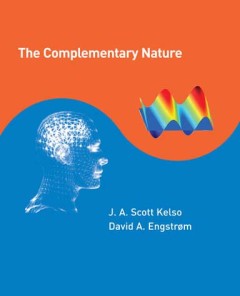
The Complementary Nature
"A Bradford book."Why do we divide our world into contraries? Why do we perceive and interpret so many of life's contraries as mutually exclusive, either/or dichotomies such as individual~collective, self~other, body~mind, nature~nurture, cooperation~competition? Throughout history, many have recognized that truth may well lie in between such polar opposites. In The Complementary Nature, Scott …
- Edition
- -
- ISBN/ISSN
- 9780262316286
- Collation
- 1 online resource (xviii, 317 pages) :illustrations
- Series Title
- -
- Call Number
- -
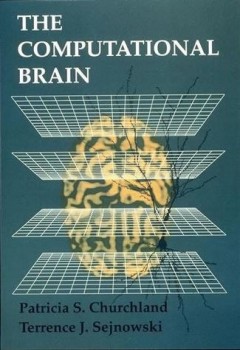
The Computational Brain
"A Bradford book.""How do groups of neurons interact to enable the organism to see, decide, and move appropriately? What are the principles whereby networks of neurons represent and compute? These are the central questions probed by The Computational Brain. Churchland and Sejnowski address the foundational ideas of the emerging field of computational neuroscience, examine a diverse range of neu…
- Edition
- -
- ISBN/ISSN
- 9780262270298
- Collation
- 1 online resource (xi, 544 pages) :illustrations.
- Series Title
- -
- Call Number
- -
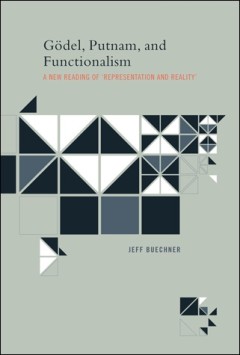
G?odel, Putnam, and functionalism :a new reading of Representation and reality
"A Bradford book."The first systematic examination of Hilary Putnam's arguments against computational functionalism challenges each of Putnam's main arguments.OCLC-licensed vendor bibliographic record.
- Edition
- -
- ISBN/ISSN
- 9780262269513
- Collation
- 1 online resource (x, 344 pages)
- Series Title
- -
- Call Number
- -
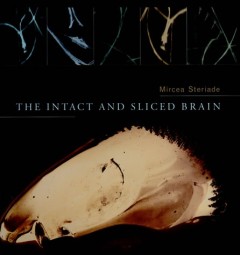
The intact and sliced brain
"A Bradford book."In this book Mircea Steriade cautions against the tendency of some neuroscientists to infer global brain functions such as arousal and sleep, epileptic events, and even conscious thinking from the properties of single cells. Based on his lifetime of research on intact brains, Steriade emphasizes the need to understand isolated networks within the context of the whole mammalian…
- Edition
- -
- ISBN/ISSN
- 9780262284318
- Collation
- 1 online resource (xi, 366 pages, 12 unnumbered pages of plates) : illustrations (some color)
- Series Title
- -
- Call Number
- -
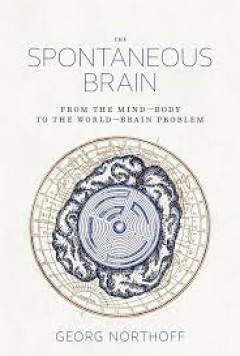
The Spontaneous Brain: From the Mind–Body to the World–Brain Problem
An argument for a Copernican revolution in our consideration of mental features -- a shift in which the world-brain problem supersedes the mind-body problem. Philosophers have long debated the mind-body problem -- whether to attribute such mental features as consciousness to mind or to body. Meanwhile, neuroscientists search for empirical answers, seeking neural correlates for consciousness, se…
- Edition
- -
- ISBN/ISSN
- 9780262346962
- Collation
- 1 online resource (xxvi, 506 pages) :illustrations
- Series Title
- -
- Call Number
- -
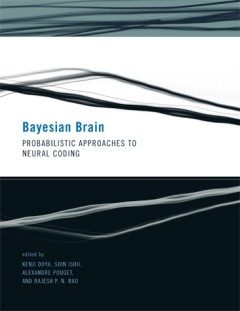
Bayesian brain :probabilistic approaches to neural coding
Experimental and theoretical neuroscientists use Bayesian approaches to analyse the brain mechanisms of perception decision-making, and motor control.OCLC-licensed vendor bibliographic record.
- Edition
- -
- ISBN/ISSN
- 9780262294188
- Collation
- 1 online resource (xiii, 326 pages) :illustrations.
- Series Title
- -
- Call Number
- -
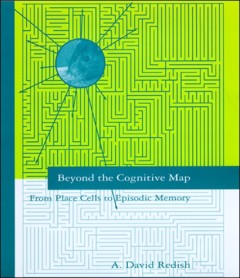
Beyond the cognitive map :from place cells to episodic memory
"A Bradford book."OCLC-licensed vendor bibliographic record.
- Edition
- -
- ISBN/ISSN
- 9780262282192
- Collation
- 1 online resource (xviii, 420 pages) :illustrations
- Series Title
- -
- Call Number
- -
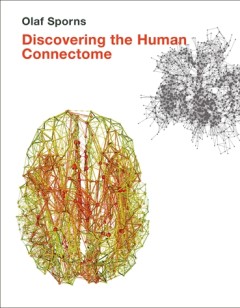
Discovering the human connectome
A pioneer in the field outlines new empirical and computational approaches to mapping the neural connections of the human brain.OCLC-licensed vendor bibliographic record.
- Edition
- -
- ISBN/ISSN
- 9780262305730
- Collation
- 1 online resource (xii, 232 pages) :illustrations
- Series Title
- -
- Call Number
- -
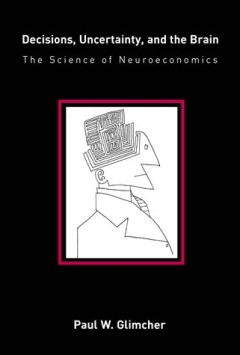
Decisions, Uncertainty, and the Brain: The Science of Neuroeconomics
"A Bradford book."In this provocative book, Paul Glimcher argues that economic theory may provide an alternative to the classical Cartesian model of the brain and behavior. Glimcher argues that Cartesian dualism operates from the false premise that the reflex is able to describe behavior in the real world that animals inhabit. A mathematically rich cognitive theory, he claims, could solve the m…
- Edition
- -
- ISBN/ISSN
- 9780262273930
- Collation
- 1 online resource (xx, 375 pages) :illustrations
- Series Title
- -
- Call Number
- -
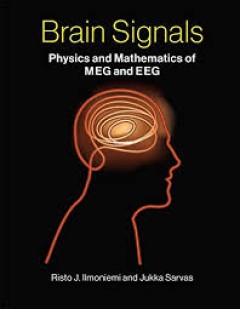
Brain signals physics and mathematics of MEG and EEG
A unified treatment of the generation and analysis of brain-generated electromagnetic fields. In Brain Signals , Risto Ilmoniemi and Jukka Sarvas present the basic physical and mathematical principles of magnetoencephalography (MEG) and electroencephalography (EEG), describing what kind of information is available in the neuroelectromagnetic field and how the measured MEG and EEG signals can be…
- Edition
- -
- ISBN/ISSN
- 9780262352819
- Collation
- 1 online resource (248 pages).
- Series Title
- -
- Call Number
- -
 Computer Science, Information & General Works
Computer Science, Information & General Works  Philosophy & Psychology
Philosophy & Psychology  Religion
Religion  Social Sciences
Social Sciences  Language
Language  Pure Science
Pure Science  Applied Sciences
Applied Sciences  Art & Recreation
Art & Recreation  Literature
Literature  History & Geography
History & Geography